Alexander Graham Bell encouraged Helen Keller to practice oralism, where deaf people communicate through speech and lip-reading instead of sign language. “Oralism in general, I think, has a very oppressive quality to it, because what oralism is predicated on is the idea that the only way to communicate effectively is being able to speak,” said disability rights advocate Rebecca Alexander.
Written Features
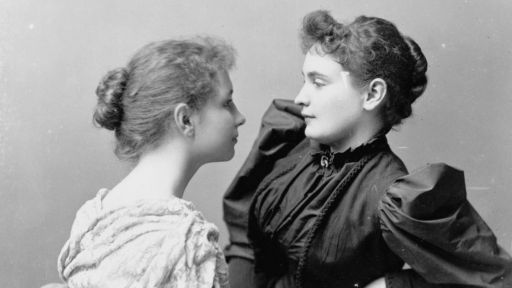
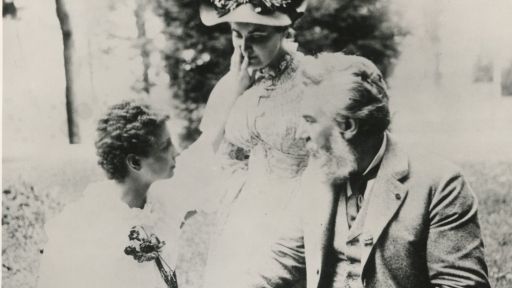
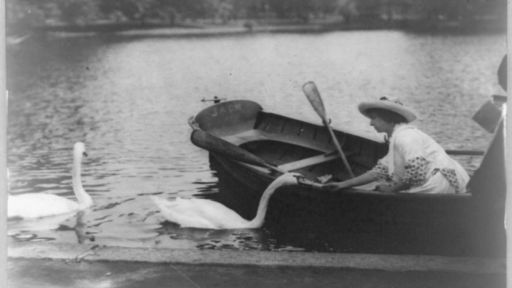

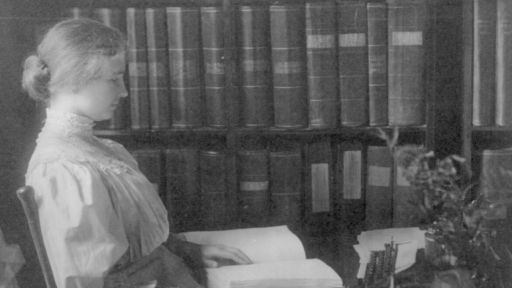
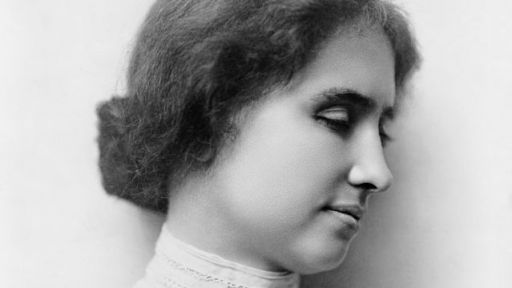
Video Features


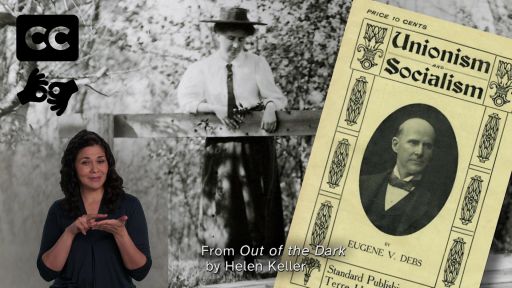
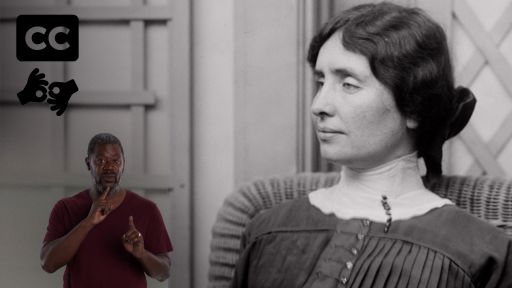
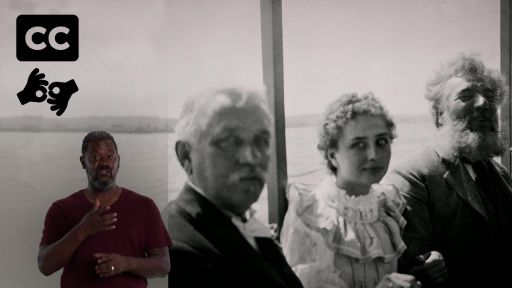
Video Features [Accessible Versions]
![Becoming Helen Keller -- Elsa Sjunneson: DeafBlind author [Audio Description + ASL]](https://pbs-wnet-preprod.digi-producers.pbs.org/wnet/americanmasters/files/2022/03/Rxaa3o7-asset-mezzanine-16x9-JNz2pke-512x288.jpg)

![Becoming Helen Keller -- Helen Keller studied socialism [Audio Description]](https://pbs-wnet-preprod.digi-producers.pbs.org/wnet/americanmasters/files/2021/10/EqPyQ19-asset-mezzanine-16x9-tGsOsJd-512x288.jpg)
![Becoming Helen Keller -- Helen Keller the suffragist [Audio Description]](https://pbs-wnet-preprod.digi-producers.pbs.org/wnet/americanmasters/files/2021/10/yTaS3yJ-asset-mezzanine-16x9-4nbxXU4-512x288.jpg)
![Becoming Helen Keller -- Keller's use of oral communication [Audio Description]](https://pbs-wnet-preprod.digi-producers.pbs.org/wnet/americanmasters/files/2021/10/dUfOBIW-asset-mezzanine-16x9-NlZMY6w-512x288.jpg)
- She received help from a friend Alexander Graham Bell, now best-known is the creator of the telephone, then a leader in deaf education.
- That's what he saw as his mission in life.
In particular teaching of speech and oral communication.
He was a public advocate for the suppression of sign language in the schools and for the teaching of oral skills in schools.
- Oralism in general, I think has a very oppressive quality to it because what oralism is predicated on is the idea that the only way to communicate effectively is being able to speak.
- Speech teaching was a central part of Bell's life.
And he married a deaf woman, Mabel Bell, who was also a public advocate for the oral method.
- When Bell learned Helen was speaking, he went to Perkins and spelled questions into her hands.
- [Bell] Do you know what a cloud is?
- [Keller] Rain.
- [Bell] What is wind? - It is wild air.
- [Bell] What is thought?
- When we make a mistake we say, I thought it was right.
- [Bell] Where is your thought?
- Mind.
My head is full of mind.
